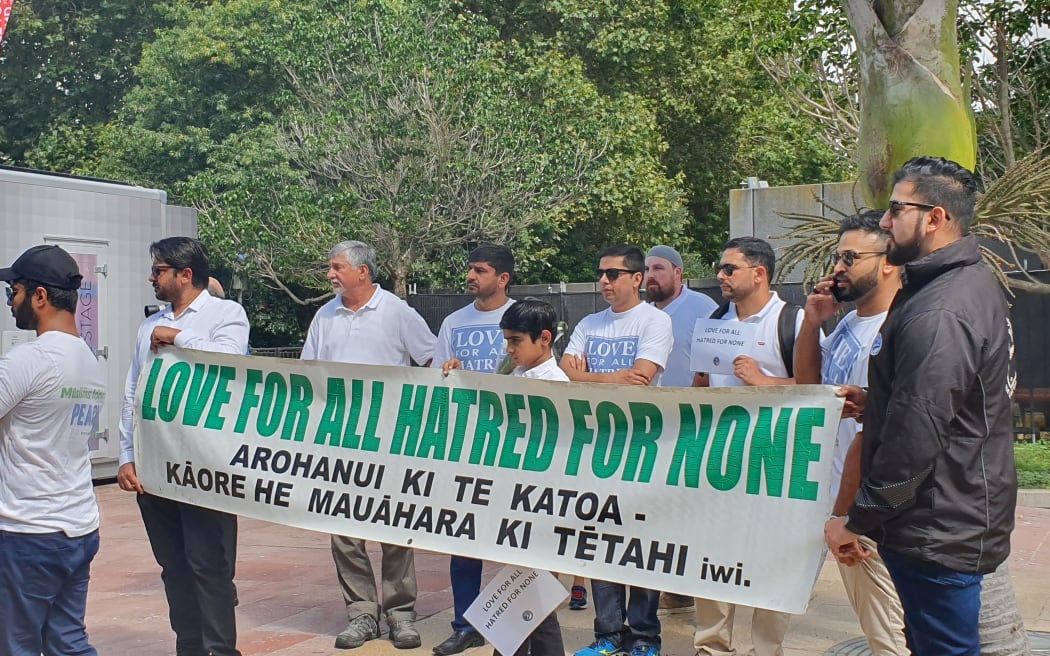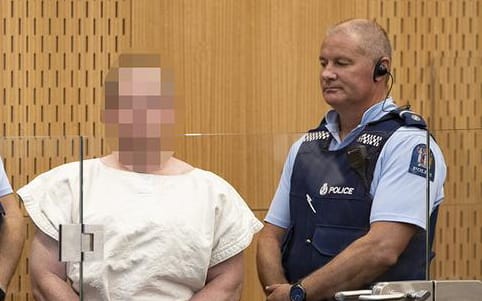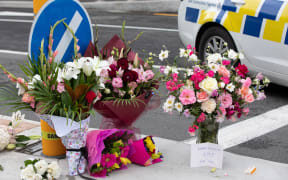Opinion - The killing of 49 people in Christchurch was an act of terror, allegedly committed by at least one individual motivated by white supremacism. We know this, as our prime minister already has publicly called this evil by its true name.

Crowds gather at an Auckland vigil for those affected by Friday's terror attack Photo: RNZ/ Ellie Jay
How, then, will we respond as a society? I hope that we look to Norway and the words of its prime minister in the wake of that society's recent experience of right-wing terror: "Our response is more democracy, more openness, and more humanity."
If we don't do likewise, then the terrorists really do win. As Jacinda Ardern has said, we were attacked precisely "because we represent diversity, kindness, compassion, a home for those that share our values, a refuge for those who need it."
Abandoning those values in the name of revenge, safety or anything else would be to demean the 49 who died.
That being said, we also owe justice to them, to all those who loved them, and to the community that mourns them. Today that process began as the alleged perpetrator of this evil appeared in court.
At present, he has been charged with murder. There is a very good chance he will spend the rest of his life in prison should he ultimately be convicted of this offence.
However, if the actions he is accused of are an act of terror (as has been said), why have no charges been filed under the Terrorism Suppression Act 2002? Under section 6A of this legislation, anyone who engages in a "terrorist act" faces a life sentence of imprisonment.
Such a charge would not add anything in a practical sense to the potential punishment the accused faces, as the already laid murder charge also carries a life sentence. But if we're publicly calling his alleged actions "terrorism", shouldn't we be charging him with that in court?
There is likely good reason why that hasn't yet happened. The charge the accused appears on today are not necessarily all the ones he will finally stand trial for. Indeed, the police already have said they intended to lay further charges against him.

The accused in court Photo: NZME
Anyone arrested and held in custody in New Zealand must promptly be brought to court to determine if they should remain locked up or be released on bail. At that hearing, police must say why the accused has been arrested and what they are being accused of so that the judge can decide what to do with them.
As police can provide significant evidence that the accused shot multiple people in cold blood, murder was the obvious and immediate charge. It proved sufficient to hold the accused in custody while police carry out further investigations as to exactly what happened, and why.
Depending on those investigations, and after consulting with legal advisors, further charges can then be added. So, we very well may see additional charges of engaging in a terrorist act filed against the accused in the future, alongside the murder charges already filed.
Such charges will require showing that the accused intended to cause the death of, or other serious bodily injury to one or more people for the purpose of advancing an ideological, political, or religious cause. Charges would also need to show those people had the intention of inducing terror in a civilian population or unduly compelling or forcing the government to do or abstain from doing any act.
As you can see, that requires a bit more of the police than a murder charge, which requires showing that the accused intentionally killed another person. Gathering the necessary evidence of the accused's motivations to the required standard needed in court will take time.
However, one thing seems clear. If the evil acts in Christchurch do not result in charges of carrying out a terrorist act being brought against someone, then that indicates that the Terrorism Suppression Act 2002 is fatally flawed. For if our legal system cannot clearly label what has happened as terrorism, then it will need to be changed.
*Andrew Geddis is a professor of law at University of Otago.





